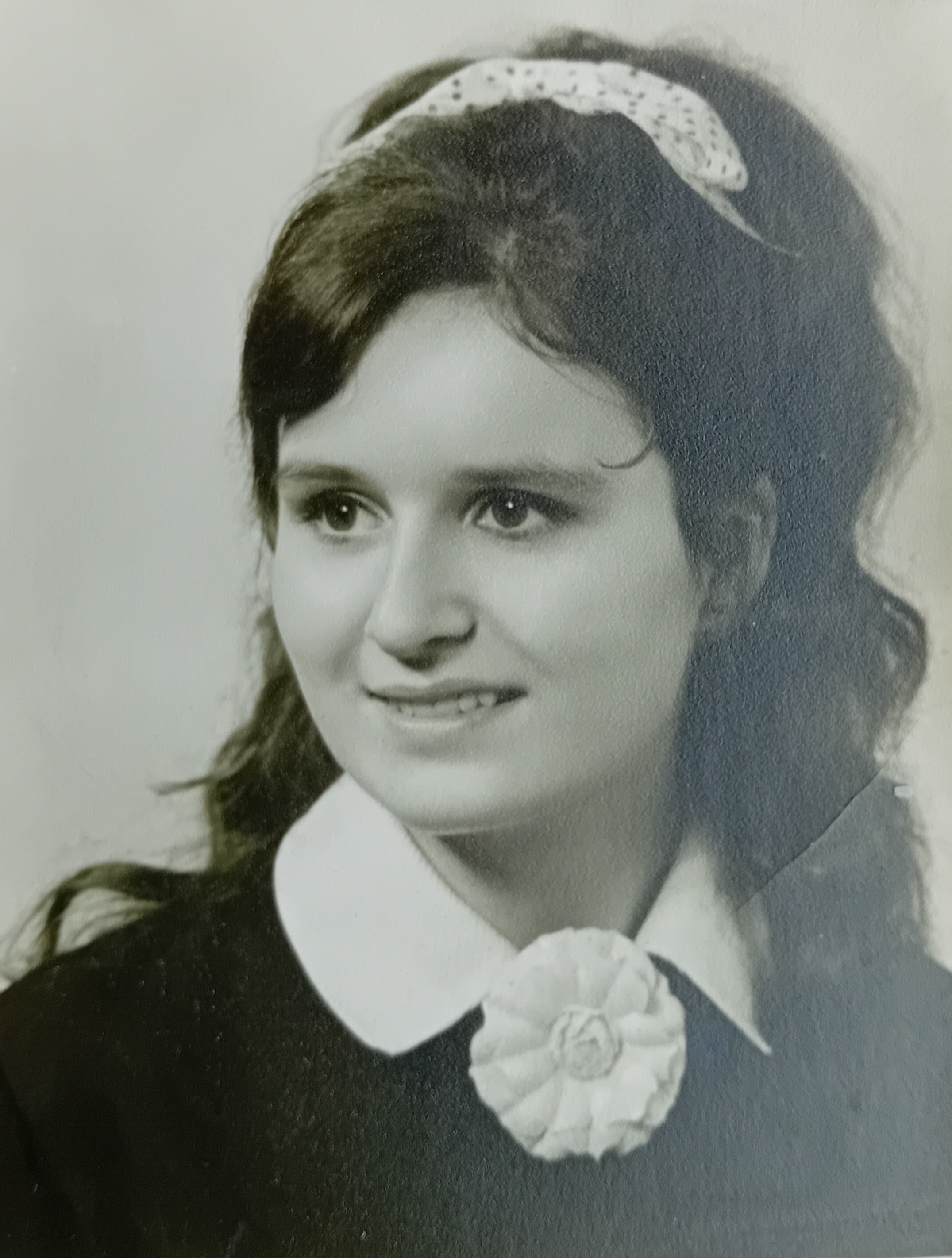Stay out of it, don‘t go anywhere. You know what happened to Grandpa!

Stáhnout obrázek
Eva Orthofer, née Klinkovská, was born on 20 April 1952 in Zlín (then renamed Gottwaldov) in the family of Ludmila and Ljuboš Klinkovský, as the granddaughter of the shot anti-Nazi and anti-communist resistance fighter Štěpán Hovorka (6 March 1898 - 1 December 1949). She and her parents lived first on Smetana Street on the waterfront and later, together with her Viennese grandmother Eugenia Hovorková and her aunt Marie and her family, in a villa on Cigánova Street (today Na Výsluní Street). Because of Štěpán Hovorka‘s anti-communist activities (he worked closely with the courier Štěpán Gavenda), the whole family was persecuted. His parents, grandmother, aunt and uncle lost their jobs, and until the liberation in the 1960s, they held working-class positions. Her mother, Ludmila, left her office job and joined a drilling company, while her father, Ljuboš, previously a project architect, became a worker in the tanneries in Otrokovice. She graduated from the secondary general education school (former grammar school) in the Lesní čtvrť district but did not get into the pedagogical college because of her poor grades. She graduated from the cosmetic extension course and later worked at the newly established secondary vocational cosmetic school in Vizovice. In 1983, she moved to Slovakia to join her first husband, and while working, she completed a bachelor‘s degree in pedagogy. After 1989, she settled for a while in Austria, where she married for the second time. In 2004, she received an in memoriam award in Prague for Štěpán Hovorka, a participant in the anti-communist resistance. At the time of the filming (2023), she was living in the family villa in Zlín, where, from March of the same year, the Last Address project plaque commemorates the fate of Štěpán Hovorka.



























